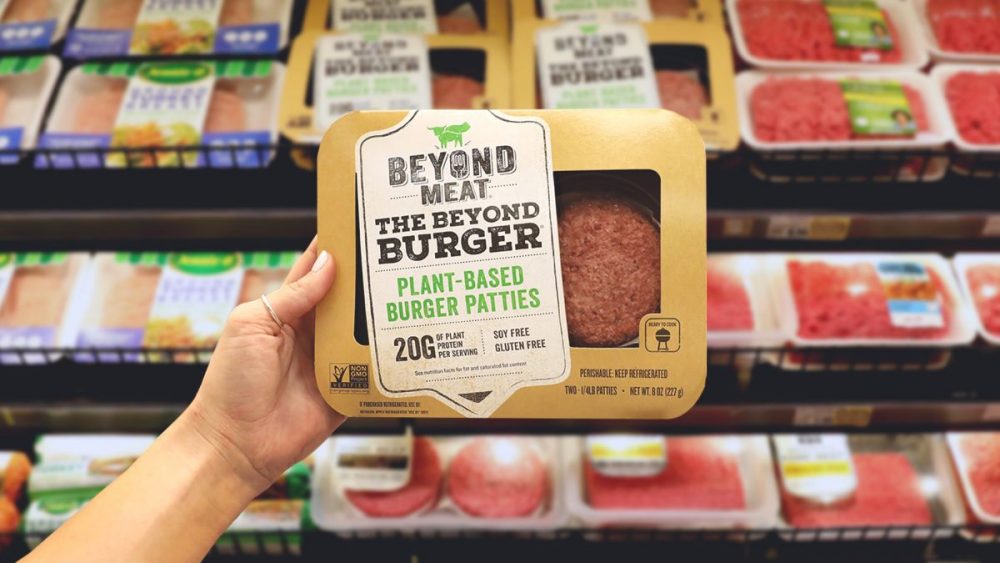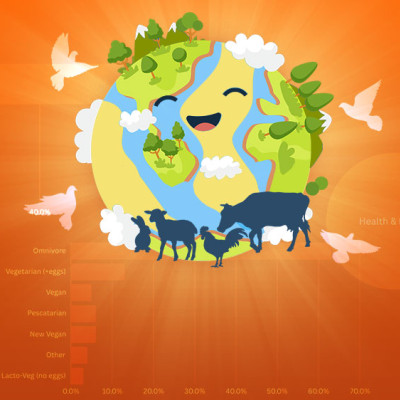Research shows plant-based labelling does not cause consumer confusion
Published 1 December 2020
New research shows that labels for plant-based products using terms usually associated with animal products, e.g. "oat milk" and "plant-based beef", do not lead consumers to become confused about whether they are buying animal products.

The results, published in the Journal of Animal and Environmental Law, demonstrate that consumers are no more likely to think that plant-based products come from an animal if the product’s name incorporates words traditionally associated with animal products than if it does not.
The research also shows that omitting words that are traditionally associated with animal products from the names of plant-based products actually causes consumers to be significantly more confused about the taste and uses of these products.
Together, the findings imply that legislation prohibiting companies from using words like “beef” and “butter” on their labels does not advance the government’s interest in preventing consumer confusion.
Read the published paper here: https://bit.ly/3oaiBcm
Original Article > Vegan Australia
Recent News
-

Vegan YouTube Channels – Our Top Picks
Vegan Easy’s YouTube channel recommendations to help you on your vegan journey.
-

Pamela Anderson’s New Vegan Cookbook: A Culinary Journey of Love and Compassion
Pamela Anderson, the iconic Hollywood actress and passionate animal rights advocate, is set to captivate the culinary world with her upcoming vegan cookbook titled "I Love You: Recipes from the Heart."
-

January 2024 Vegan Easy Challenge Recap
People from around the world began their 2024 with a peaceful start by taking the 30-day Vegan Easy Challenge.
-

Discover the Culinary Delights of Byron Bay’s Newest Plant-Based Cooking School
Learn the sublime art of plant-based cuisine at Katie White's new cooking school in Byron Bay
-

Beyond Romance: Encouraging Vegan Themes and Animal Protection in the Growing World of K-Dramas
The global popularity of K-dramas and growing interest in veganism present a unique opportunity to foster positive change
-

Cultivating Change with Farm Transitions Australia
Helping farmers find the right path for them, for a sustainable and viable future.
Leave a Comment